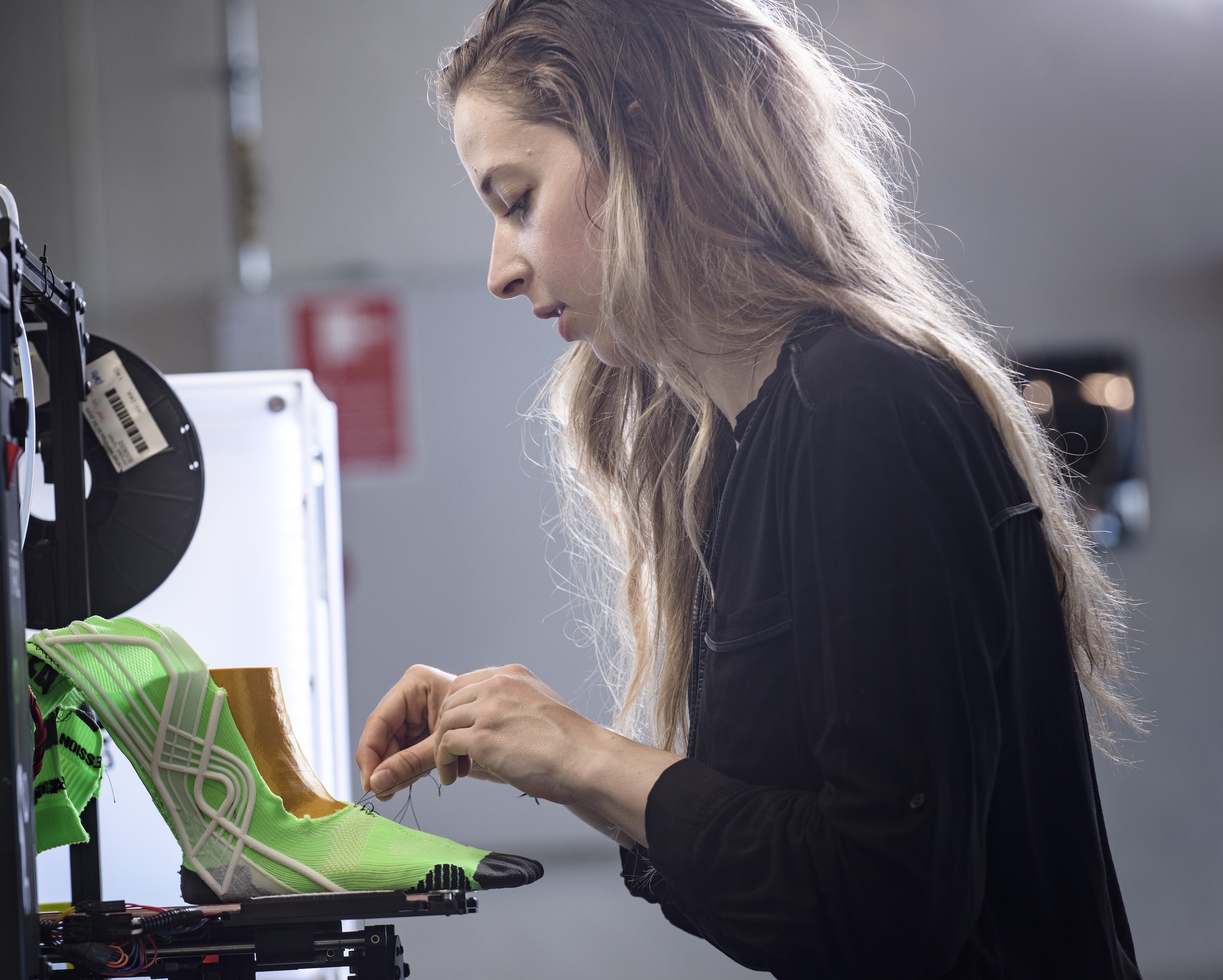The government has launched proposals for extensive changes to the education landscape, including replacing two-year master’s degree programs with one-year programs.
As rectors of the long higher artistic education programs for designers, craftspeople, architects, and conservators, we represent some of the country’s most study-intensive programs, and a deterioration of the education will result in significant challenges and a substantial loss of knowledge, relevance, and competitiveness.
We are deeply committed to continuously developing expertise and education that is tailored to the needs of the labor market.
Skills and complex knowledge development take time
Cutting the master’s program will deteriorate our unique education, which enables students to use their hands with their heads! In their education, students must acquire both complex and updated knowledge and competencies that enable them to apply it in practice, including familiarity with materials and production. All of this is done to find useful solutions to challenges in society and generate new ideas in businesses.
Our students shape the solutions of the future and can turn a good idea into a real product in the job market, making future construction and products greener, healthcare and welfare products smarter, and the fashion and textile industry more circular.
Our education is much more than just learning a craft. Students are also taught strategy, innovation, sustainability, etc., which enable them to connect their practical skills with the needs of the industry and society. Reducing the study time will limit the students’ opportunities to acquire both practical and theoretical skills. The companies in which several of our students obtain employment are often in tough international competition on form, solutions, and design.
Intensive academic programs
Our students already devote a significant number of hours to honing their skills (40-50 hours per week). They spend a lot of time in workshops and studios, where they acquire essential skills and experiences that prepare them for future projects to benefit society, the environment, welfare, and industry. It is therefore not possible to increase the weekly study time on artistic programs.
Our students often participate in projects in collaboration with companies, municipalities, and others, where they have the opportunity to use their skills for concrete problem-solving. We go beyond just educating on our programs. We also connect our programs and the skills we create to the local business community and society.
Our programs are the foundation of Denmark’s reputation as a leading design nation and a country with the most talented and innovative architects. We design programs with a focus on achieving innovative, creative, strategic, and business skills.
As a society, we need the best-educated students to create the framework for future welfare. This requires two-year master’s programs with time to connect the mind with the craft.
More knowledge
The archive at Formkraft contains many articles about crafts and design. You can search for specific words or browse digital journals on the journal shelf.
Sign up for newsletter
Receive information about new articles on contemporary Danish crafts and design. We send out newsletters every second month. Sign up here


